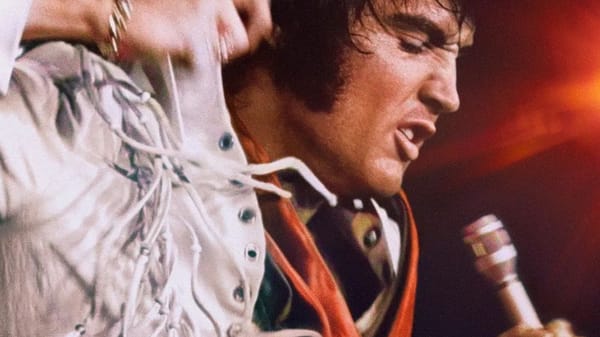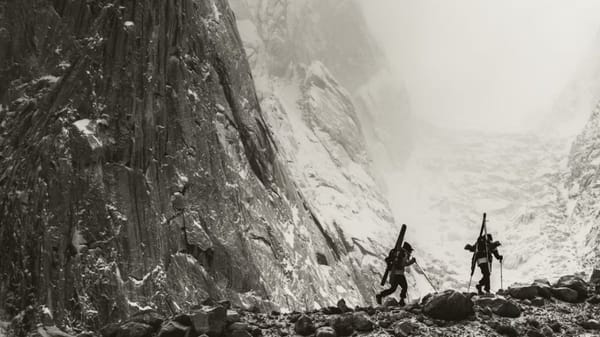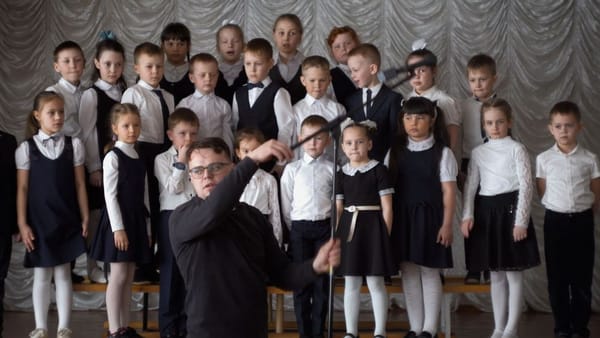Sudan, Remember Us (dir. Hind Meddeb)
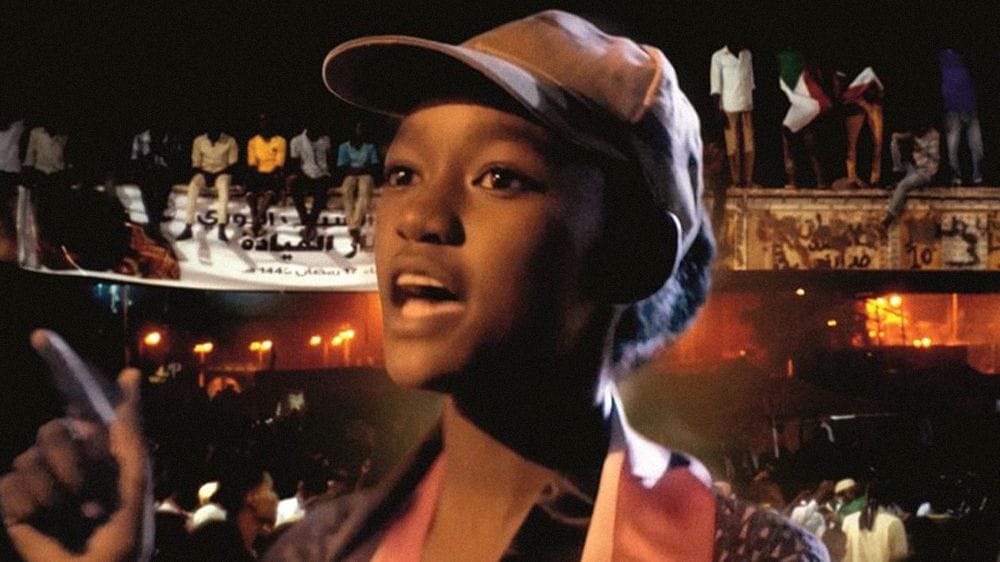
Iraq.
Syria.
Hong Kong.
Ukraine.
Palestine.
All parts of the world that have experienced war or large-scale protest in the last two decades and which have had a significant number of documentaries (and narrative features, too!) made about them. Too numerous to count, really. Some won Oscars. Others were made by iconic names. Some are masterpieces. Sudan doesn't rank among them anymore, though. Darfur Now was nearly 20 years ago, and since April of 2023, at which point a new Sudanese civil war erupted once more, hundreds of thousands have died. Have we been hearing about it? I certainly haven’t. Not that any one bit of information can really be more heartbreaking than another in this situation, but coming so soon after the Sudanese revolution of 2018 brought about a newfound sense of optimism does seem to compound the tragedy of what’s happening there.
We see some of that optimism throughout the very pointedly titled Sudan, Remember Us. Although, tellingly, it deteriorates as we go along, for obvious reason. I don’t claim to be any sort of scholar or expert, so my reading of the situation could be entirely wrong. But Hind Meddeb’s film (the French-African journalist and filmmaker’s first since Paris Stalingrad in 2019) seeks to urgently catch us up to speed as swiftly and as efficiently as possible. This film is 78 minutes long, which, considering the subject matter, hardly seems long enough to really show westerners (presumably the target audience here) the full scale of what is occurring in the African nation. And it's not, but you can do some reading. But what it does show us is propulsive stuff. And for a world fatigued by multiple ongoing wars and the demolition of human rights broadcast live in the age of social media, it’s probably the right choice for Meddeb and her editor Gladys Joujou to keep things short, direct and moving.
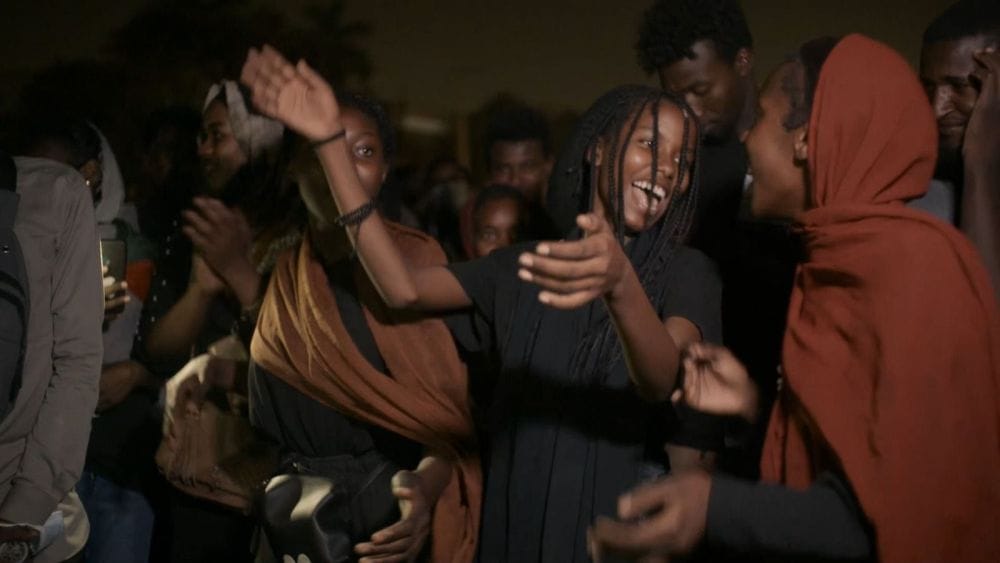
A revolution where the two Niles meet where women appear to have a prominent role and where art, music and poetry are central. We know the story can't stay this way, though, as enter the story in knowing flashback. In the shadow of the country's 30-year dictatorship coming to an end, the things that we hear these women and men speak are no more or less radical than what we hear about other parts of the world. They could be the youth of Melbourne. They are smart and they understand the mechanics of how the world works. They want education and healthcare and for rubbish to be picked up and not left to swelter in the heat. The youth are fired up about the prospect of a new way of living, but they understand the system they are in—one of religious tribalism and injustice where the pious few exclaim their virtues to the masses to only then turn around and profit off of the exploitation of those same masses. In Remember Us, we see large sit-ins where participants shout slogans and do their part for the revolution however small. Through music, predominantly rap, we hear of their desire for autonomy and patriotism for what they believe is and can be a great nation. It would be exciting if it weren't so stained with blood.
But peace cannot last too long in a place like the streets of Khartoum. On the last night of Ramadan, sitters were murdered, burned to death. Corpses thrown into the Nile. Disappeared and decimated. From then on, the streets are either silent from fear or deafening with the sounds of a violent militia and explosive protest. It is an “open air prison” and one that looks distressingly similar to other documentaries made in and about those countries up top. But through music and poetry these people somehow find inspiration to keep going. At its end, Meddeb offers another of the film’s rare moments of visual beauty (most of which happen on the water). A smoggy morning on the Nile as a fisherman works in the distance, cutting to the same man drifting downstream. A delicate reminder that Khartoum rests on one of the most impressive natural landscapes on Earth. As its ‘where are they now’ cards role and we learn all of the people we have watched have been driven out of Sudan, this sort of image lingers in my mind. Remember.
If you would like to support documentary and non-fiction film criticism, please consider donating by clicking the above link. Any help allows me to continue to do this, supports independent writing that is free of Artificial Intelligence, and is done purely for the love of it.

